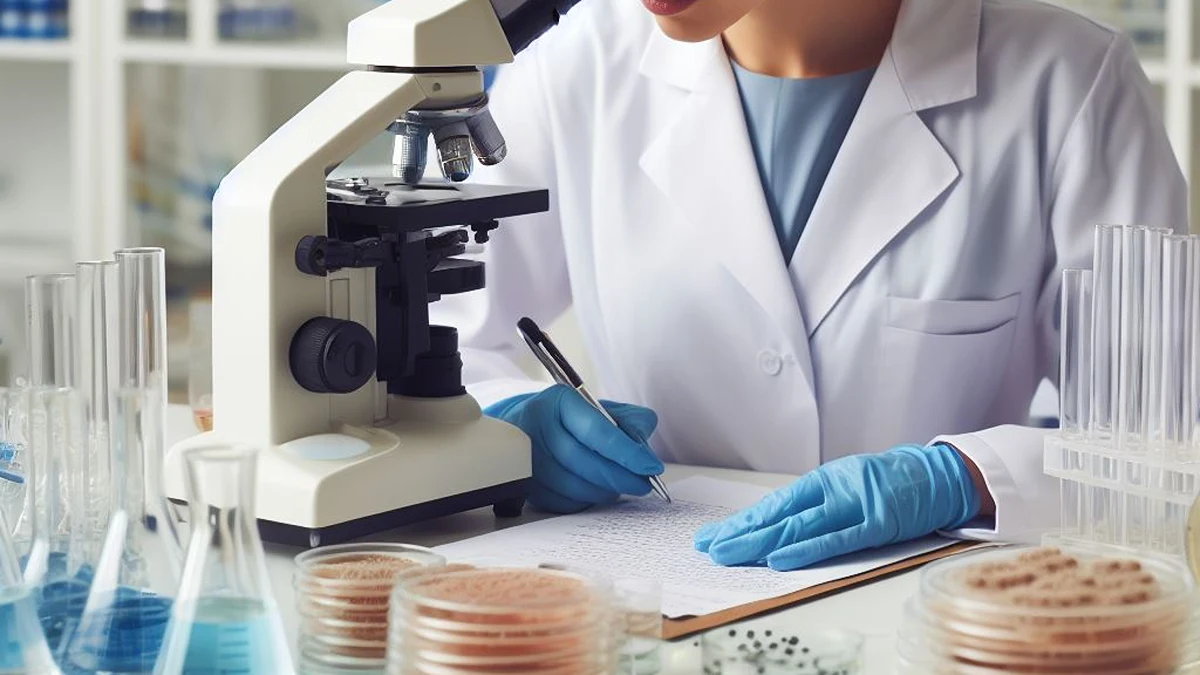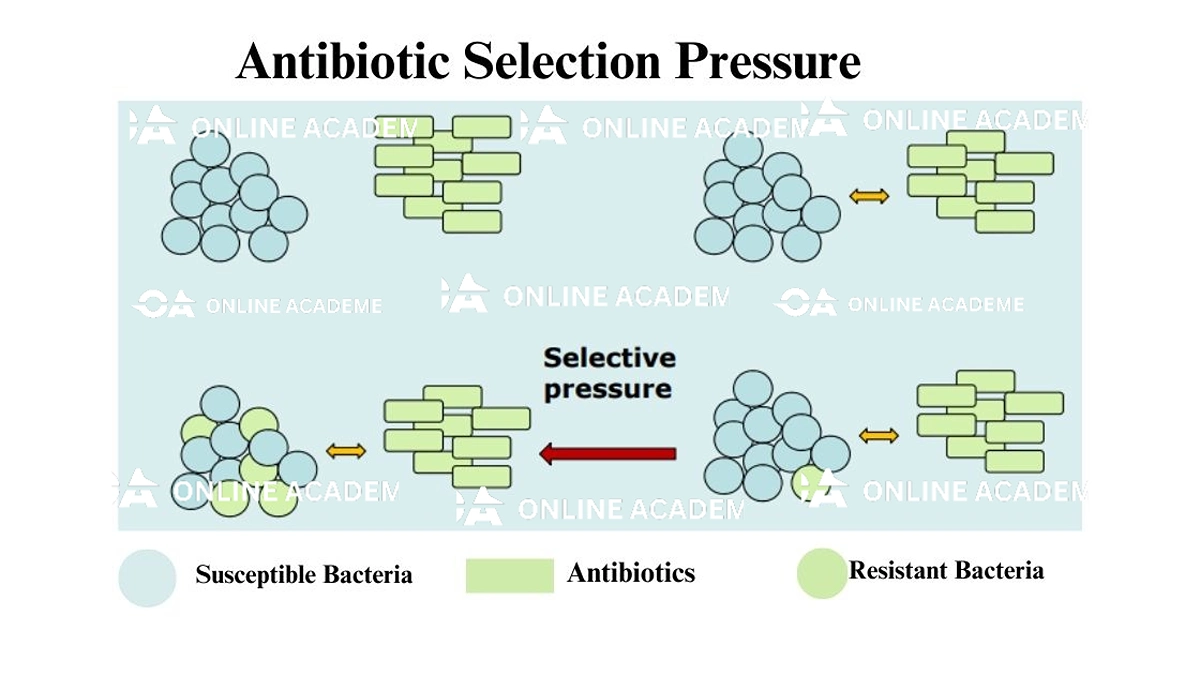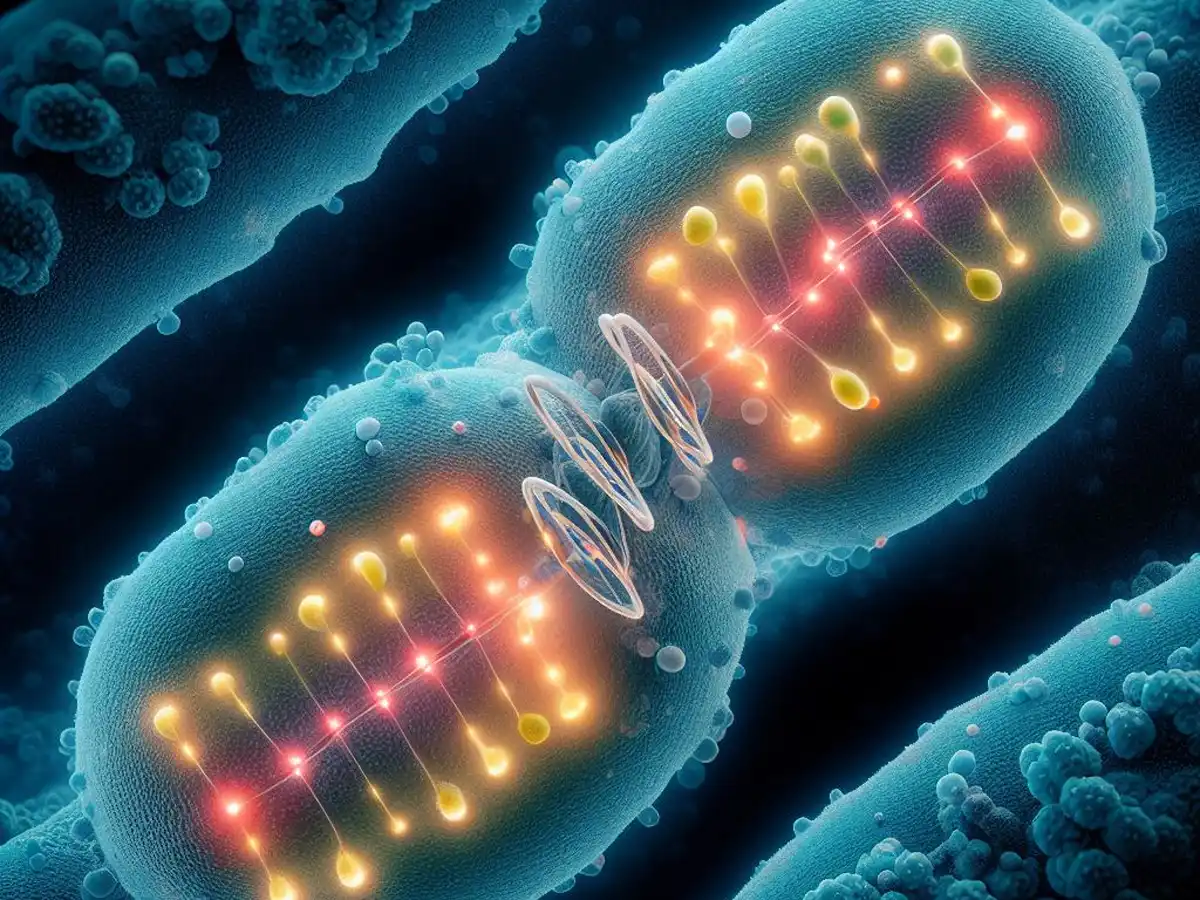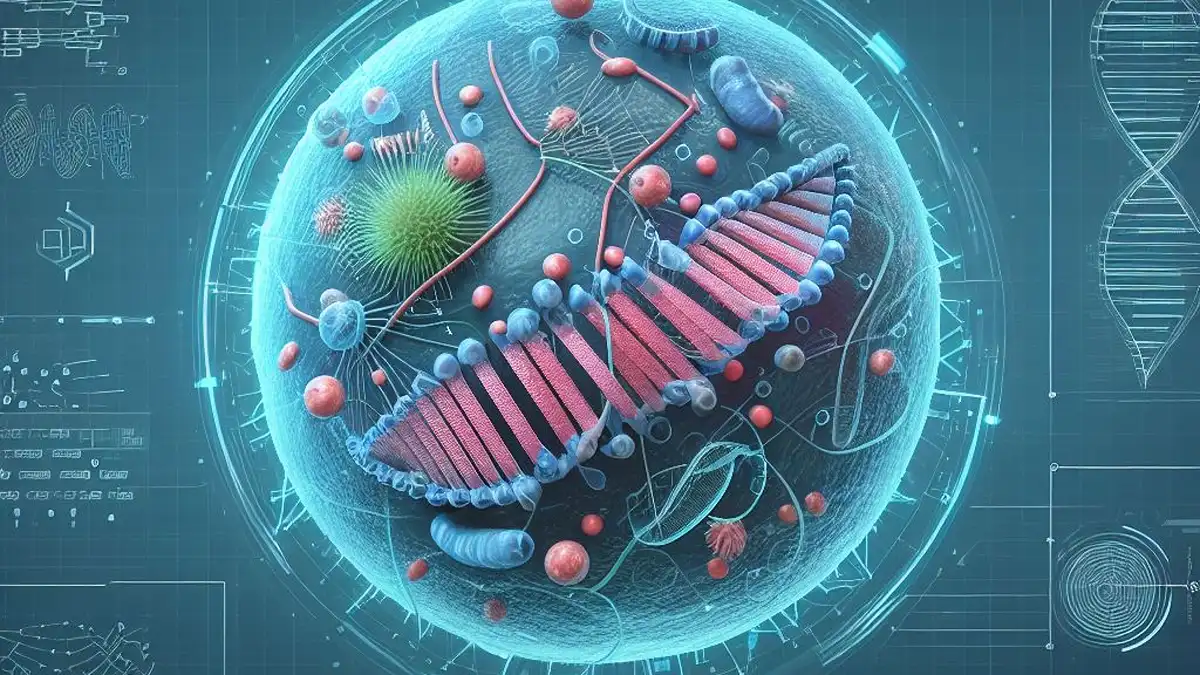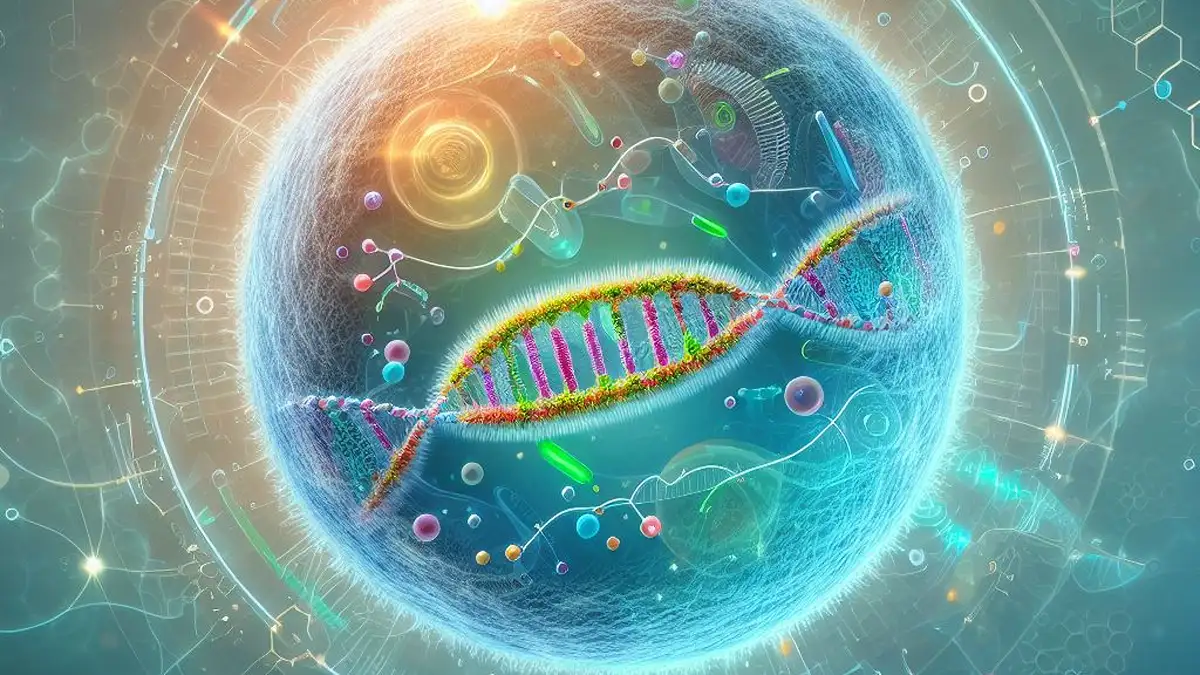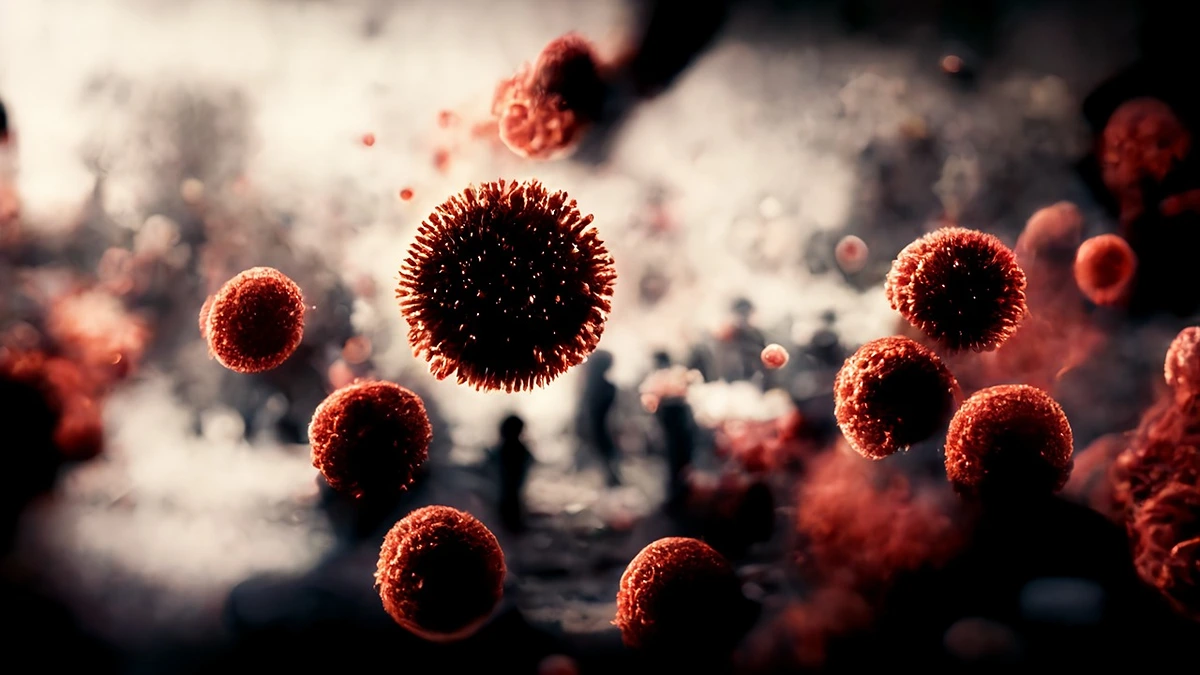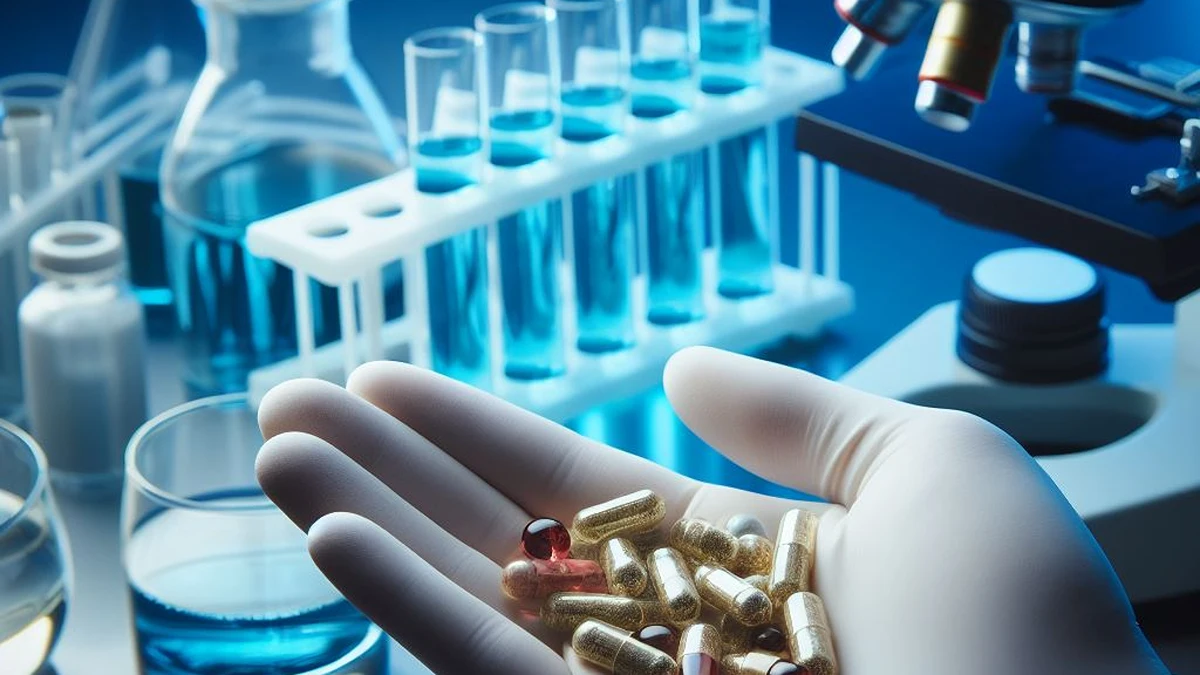Discovery of Bacteria: 7 Great Scientists You Need to Know Who’s Amazing Work Contributed in Modern Bacteriology
Before discovery of bacteria, cause of outbreaks was not known which lead to death of millions. Afterwards work of many scientists contributed to find out the cause of various diseases and established their relation with the disease. They identified that bacteria is a unicellular, microscopic organisms which can be found in all environments including animal … Read more
